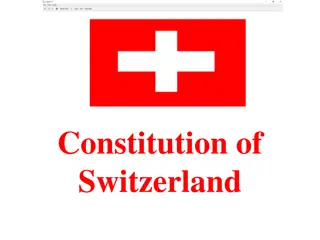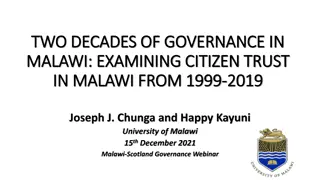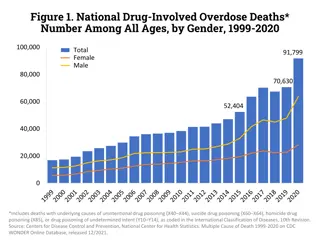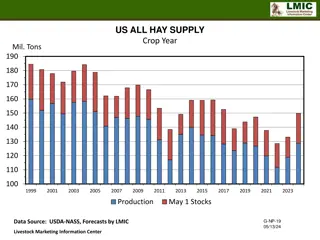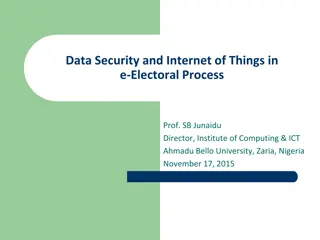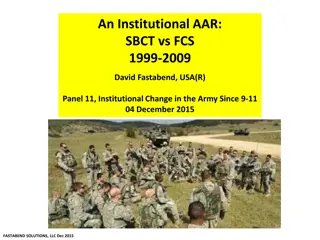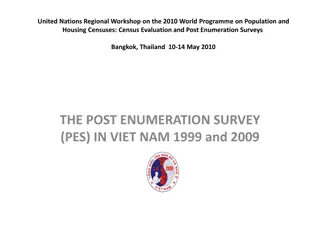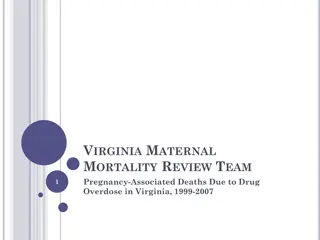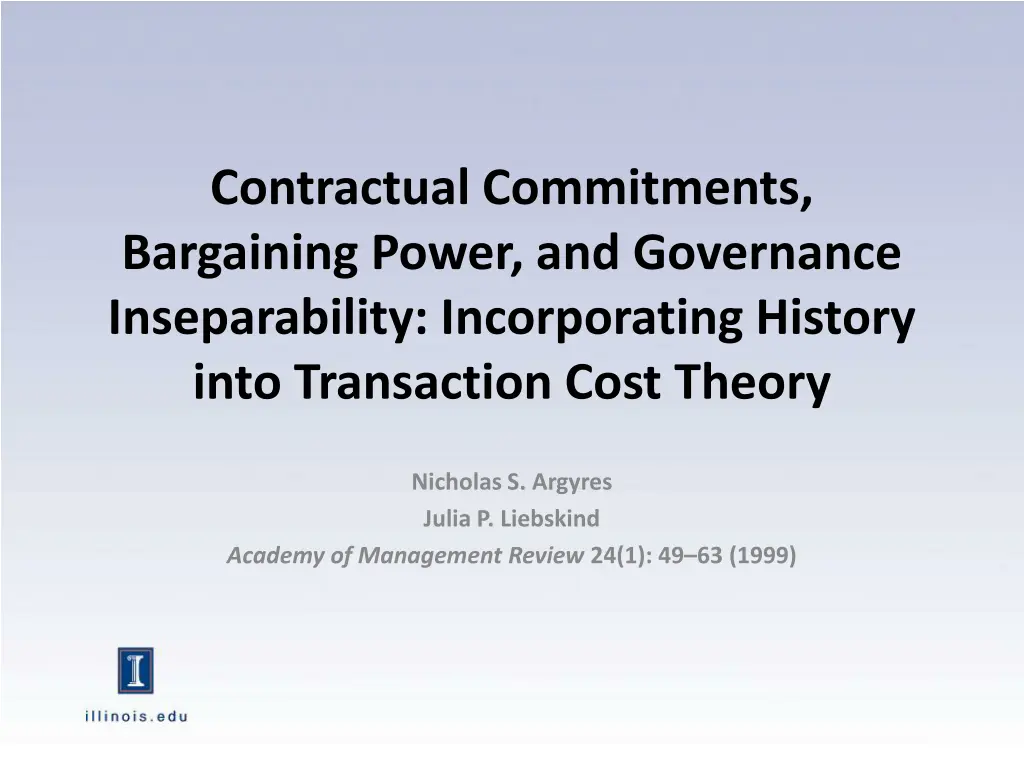
Governance Dynamics: Contracts, Power, and Inseparability
Explore the intricate relationship between contractual commitments, bargaining power, and governance inseparability in transactions. Learn how historical factors influence transaction cost theory and the implications for alternative governance mechanisms.
Download Presentation

Please find below an Image/Link to download the presentation.
The content on the website is provided AS IS for your information and personal use only. It may not be sold, licensed, or shared on other websites without obtaining consent from the author. If you encounter any issues during the download, it is possible that the publisher has removed the file from their server.
You are allowed to download the files provided on this website for personal or commercial use, subject to the condition that they are used lawfully. All files are the property of their respective owners.
The content on the website is provided AS IS for your information and personal use only. It may not be sold, licensed, or shared on other websites without obtaining consent from the author.
E N D
Presentation Transcript
Contractual Commitments, Bargaining Power, and Governance Inseparability: Incorporating History into Transaction Cost Theory Nicholas S. Argyres Julia P. Liebskind Academy of Management Review 24(1): 49 63 (1999)
Types of Governance Inseparability Constrained Governance Switching: (Cannot switch from type X to type Y governance) Constrained Governance Differentiation: (Cannot enter into another type of governance arrangement) Contractual Commitments: an agreement between two or more parties that is binding on those parties, to the degree that to renege on the agreement will be costly Formal and informal By necessity, usually long-term in nature and always incomplete Causes of Governance Inseparability Examples: Franchising agreements and exclusive dealerships Coca-Cola and independent bottling companies Examples: New venture division in a corporate structure Single transfer pricing rules Bargaining Power: the ability of one party to a contract to be able to influence the terms and conditions of that contract or subsequent contracts in its own favor Power increases unexpectedly and oftentimes gradually (long-term) Uncertain legal decisions/ environment Interrelated factors affecting relative power of contracting parties Examples: Unionized labor attempts to restrict outsourcing UAW strike against GM in 1996 Franchising and the growth of franchisee organizations (AFA and AAFD) Examples: Long-distance trucking companies seeking to enter short-haul industry American Airlines seeking to establish short-route subsidiary, American Eagle
Implications for the use of alternative governance mechanisms Proposition 1: Different firms may govern identical transactions in different ways, as long as each firm is also a party to other types of transactions. Proposition 2a: Compared with younger firms, older firms more often will be obligated to use market contracting to govern transactions featuring asset specificity for the same level of firm bargaining power. Proposition 2b: Compared with younger firms, older firms more often will be obligated to use hierarchical mechanisms to govern generic transactions for the same level of firm bargaining power. Proposition 3: Firms operating in jurisdictions in which labor unions are accorded more bargaining power will be obligated more often to use hierarchical mechanisms to govern generic transactions than will firms operating in jurisdictions in which labor union power is more restricted.
Implications for firm scope Proposition 4: The greater the difference is between a transaction s optimal governance mechanism and a firm s governance arrangements in place, the greater the cost will be to the firm of internalizing that transaction. Proposition 5: Greater uncertainty will reduce the vertical and horizontal scope of the firm.





